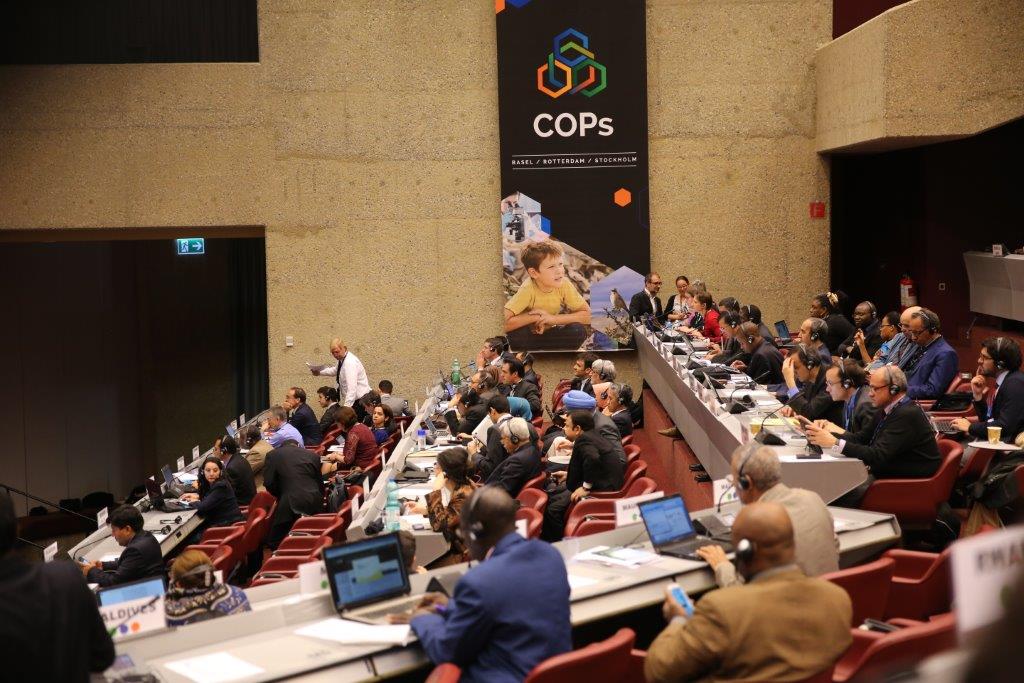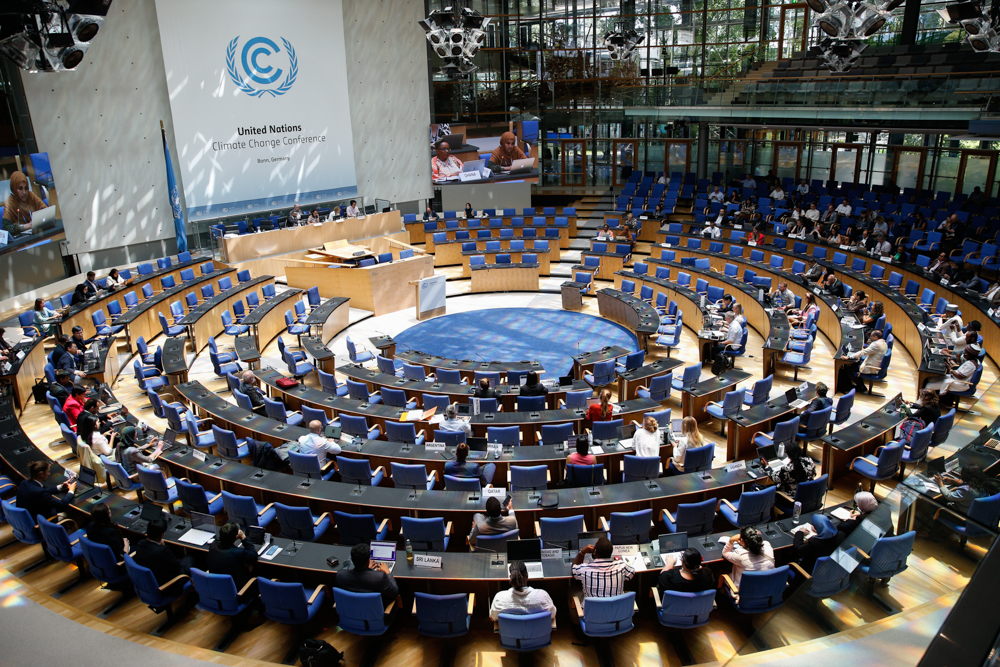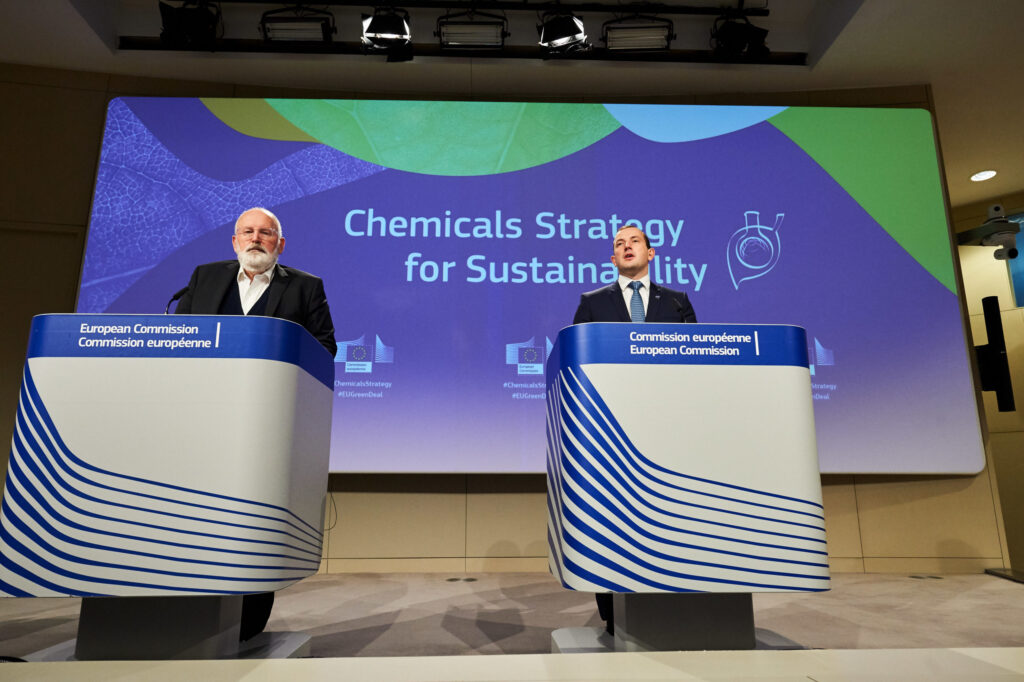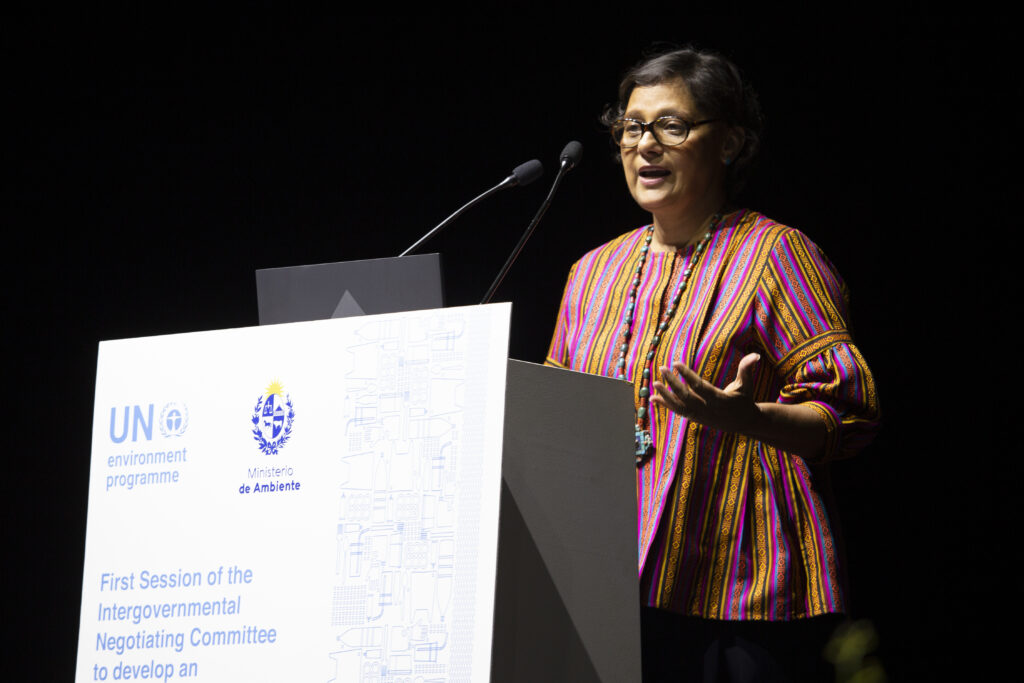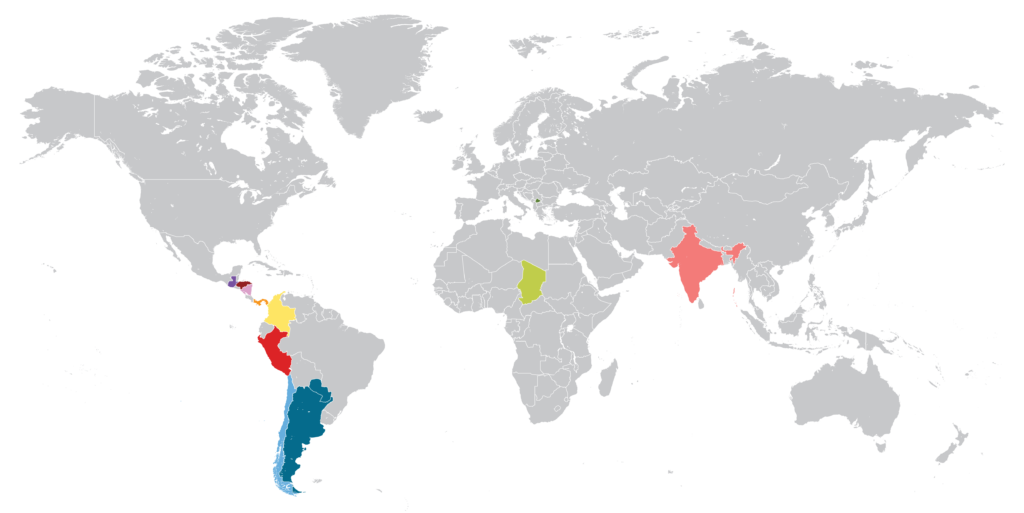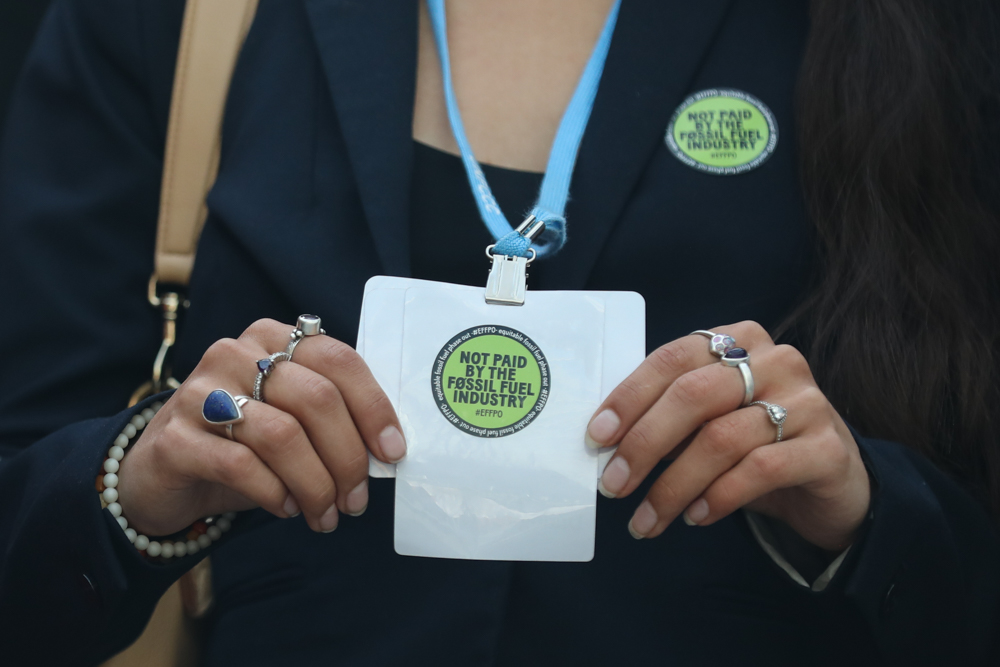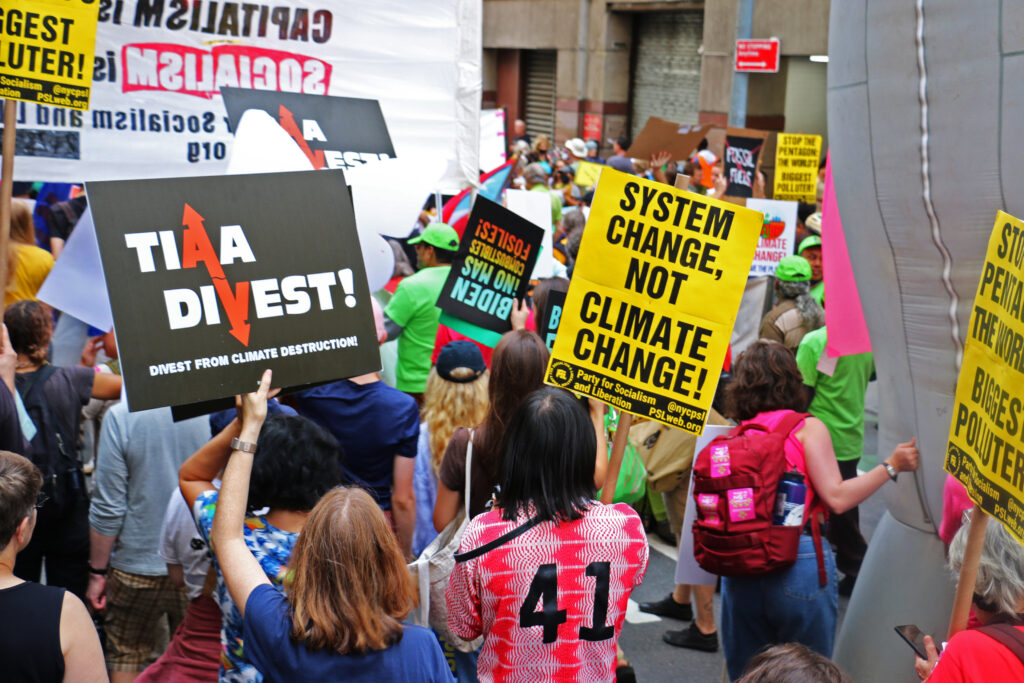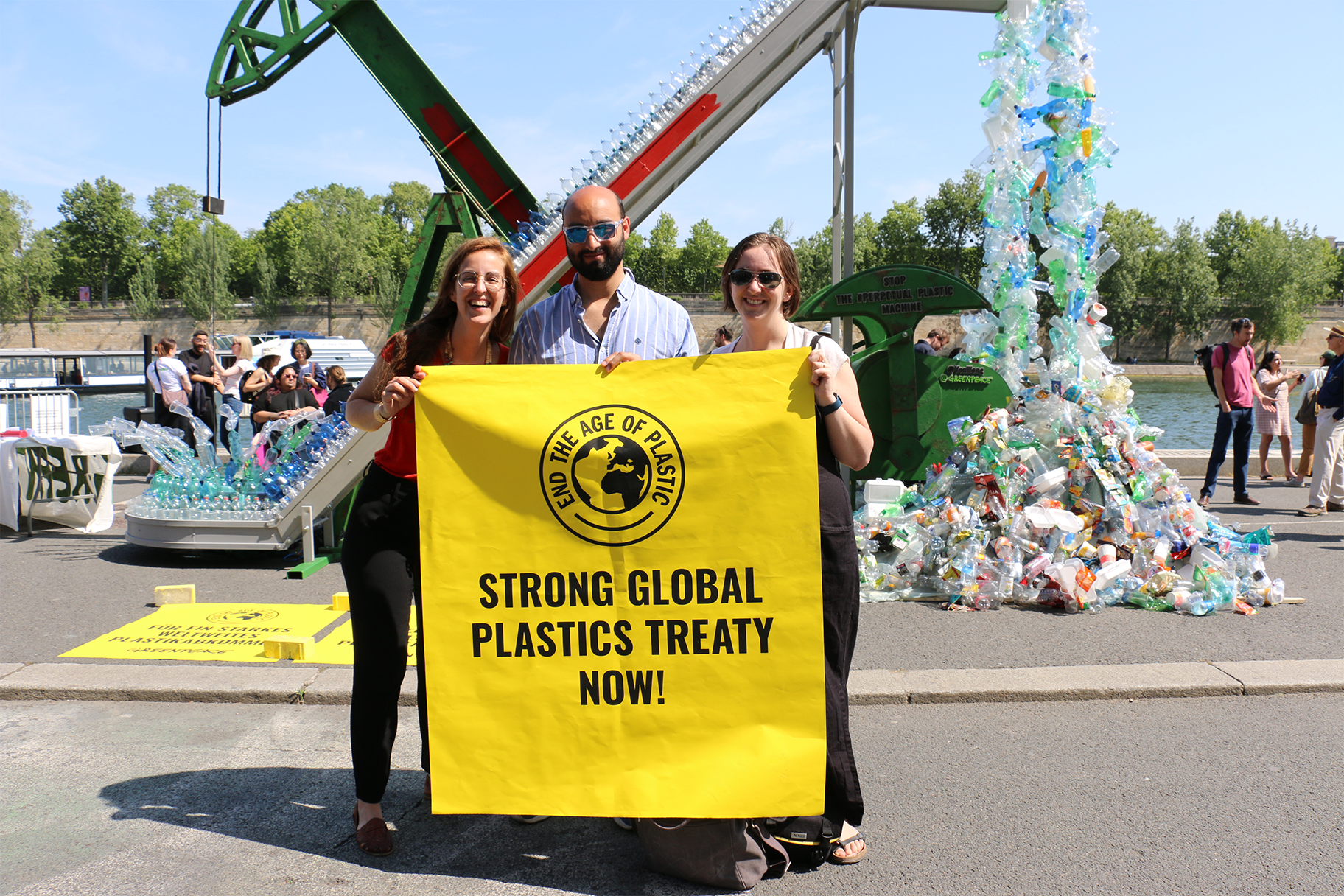CIEL’s research exposed that synthetic fertilizers and pesticides are derived from fossil fuels. Yet, their role in driving the climate crisis has largely gone unnoticed. Agrochemicals not only create significant greenhouse gas emissions, but also pose considerable risks to human health, wildlife, and the environment through the food we eat, soil runoff, and intentionally added microplastics in seeds, pesticides, and fertilizers.
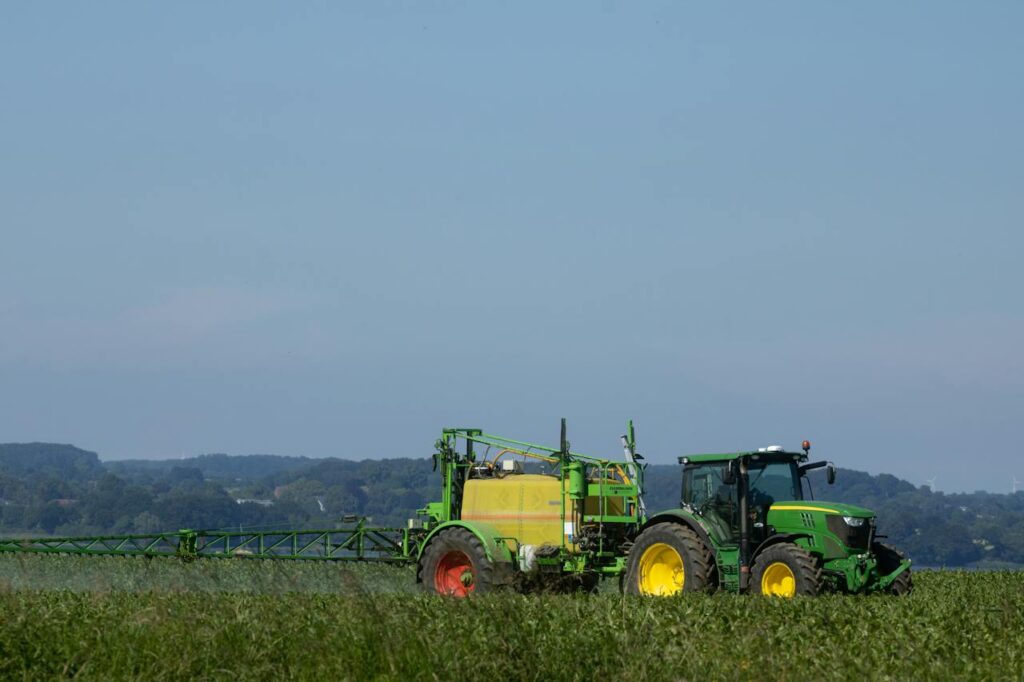
Addressing this issue directly is crucial: The production and use of fertilizers currently contributes more to the climate crisis than commercial aviation, and this contribution is projected to grow another 50 percent by 2050. At a time of surging fossil fuel, fertilizer, and food prices — against the backdrop of escalating climate, biodiversity, and pollution crises — the case for transitioning away from fossil fertilizers and fossil
fuels altogether has never been clearer.
CIEL is helping to build an integrated global movement to confront the intersecting risks of fossil fuels and agrochemicals. This work includes filling specific research and knowledge gaps; facilitating connections and education to develop cross-movement strategies; crafting legal analyses, arguments, and campaigns; and raising media awareness about the links between agrochemicals and fossil fuels.

